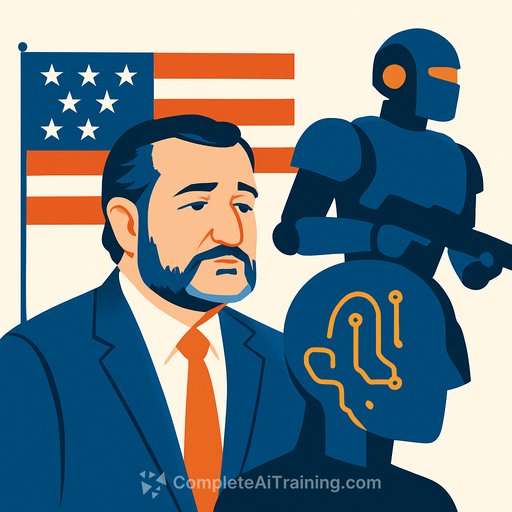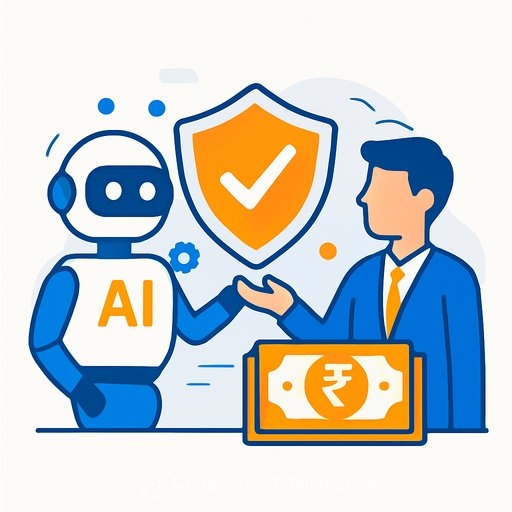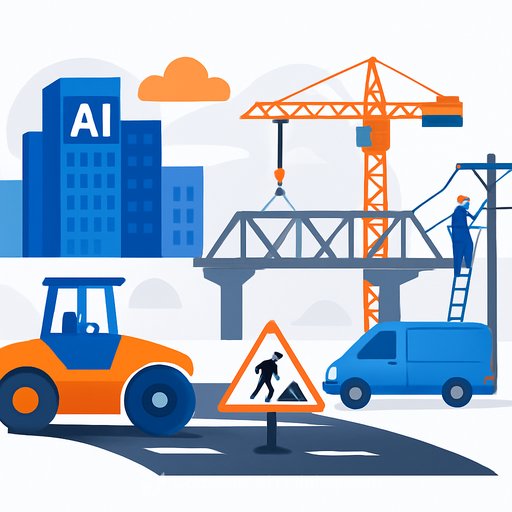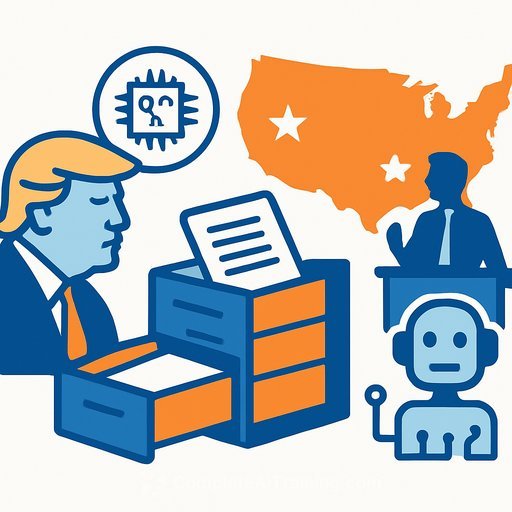Sen. Ted Cruz Questions Elon Musk on AI Risks
U.S. Senator Ted Cruz recently raised questions to Elon Musk about the real possibility of artificial intelligence-powered machines taking over the world, similar to scenarios depicted in the Terminator movies. Musk estimated the odds at about 10-20% within the next decade. Cruz responded by saying that if risks exist, he would prefer “American killer robots” over Chinese ones, emphasizing the importance of U.S. leadership in AI technology.
Though his comments appeared lighthearted, they reflect Cruz’s broader stance against imposing strict safeguards on AI development. Cruz, who chairs the Senate Commerce, Science and Transportation Committee, supports allowing AI companies to innovate with minimal restrictions, even as some lawmakers from his own party push for regulatory measures.
Federal AI Legislation in the Works
After efforts to block state-level AI regulations faltered earlier this year, Cruz is reportedly working on a comprehensive federal bill to establish a national framework for AI oversight. He has gained support from former President Donald Trump, who recently proposed an “AI Action Plan” aimed at rolling back Biden-era regulations, accelerating data center construction, and promoting technology exports.
Tech lobbyists are advocating for a government-backed certification process to test AI technologies for safety. This approach would allow AI companies to operate with more freedom while building legitimacy through official approval. Craig Albright, a lobbyist with the Business Software Alliance, called Cruz “ground zero for AI legislation” due to his committee role and active involvement.
Opposition to AI Regulation
Cruz has consistently opposed bipartisan bills seeking to regulate AI. For example, he criticized legislation from Senator John Thune that would empower federal agencies to monitor and enforce AI safety standards. Cruz dismissed such efforts as alarmist, driven by wealthy tech entrepreneurs warning about AI’s potential dangers.
Despite this, AI experts like Musk and OpenAI CEO Sam Altman have publicly raised concerns about AI risks, including the potential for fraud and impersonation. Cruz’s resistance to regulation extends to blocking states from enacting their own AI rules, which has drawn criticism from groups such as the Heritage Foundation and some Texas lawmakers.
Balancing Innovation and Security
In private discussions, Cruz has stressed the need for the U.S. to lead AI development to avoid falling behind China. Brendan Steinhauser, a Republican strategist, summarized Cruz’s position as a choice between competing risks: whether America or China develops advanced AI first, the consequences could be severe.
Cruz’s approach aligns with libertarian figures like Peter Thiel, an early supporter who opposes AI regulation on the grounds it could lead to government overreach. Thiel’s firm Palantir recently secured a significant AI contract with the U.S. Army, highlighting the intersection of private tech interests and national security.
Concerns About Self-Regulation
Critics warn that relying on voluntary industry controls risks ceding too much power to AI developers, especially as the Trump administration has rolled back many regulatory safeguards. The Electronic Frontier Foundation points out that Cruz’s stance faces opposition across party lines, including from state governors advocating for protective measures.
In Texas, Governor Greg Abbott has remained silent on Cruz’s efforts, while state Senator Angela Paxton has criticized attempts to block regulations aimed at protecting citizens from AI risks like deepfake child pornography.
AI’s Impact on Jobs and Society
During a podcast conversation with Musk, Cruz questioned the societal effects of widespread AI automation, particularly job displacement. Musk suggested that AI-driven robots could produce goods and services at near-zero cost, potentially improving living standards but raising questions about how people find meaning without traditional work.
This dialogue underscores the broader challenge policymakers face: balancing AI innovation with safeguarding economic stability and public safety.
- Key points for government officials to consider:
- Evaluating risks vs. benefits of AI leadership in global competition.
- Understanding the implications of minimal regulation vs. protective safeguards.
- Monitoring efforts to establish federal AI standards and certifications.
- Addressing ethical concerns like AI-generated misinformation and privacy.
For those in government roles seeking to deepen their knowledge on AI technologies and policy, exploring comprehensive training resources can be valuable. Visit Complete AI Training’s latest courses for practical insights into AI development and regulation.
Your membership also unlocks:






